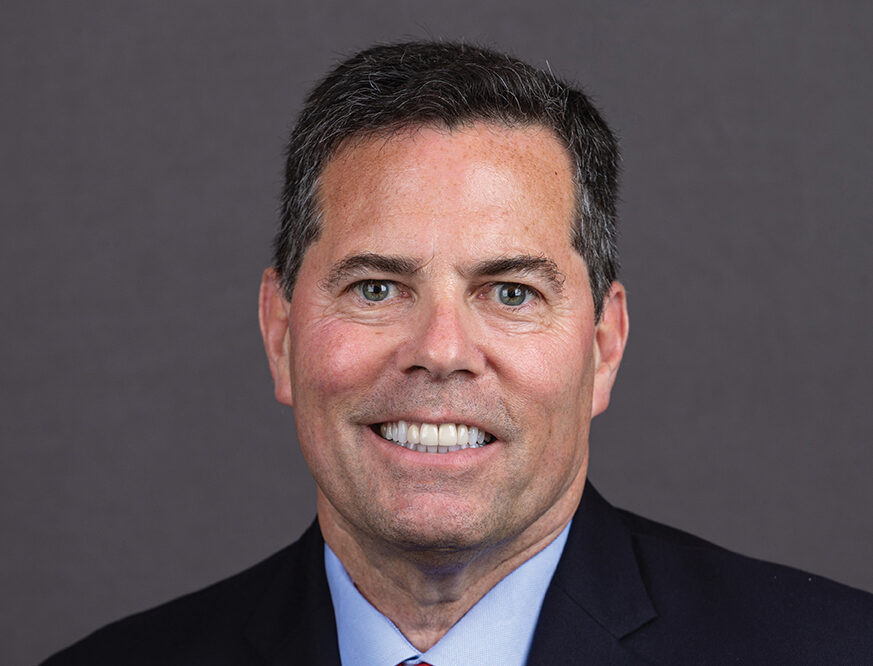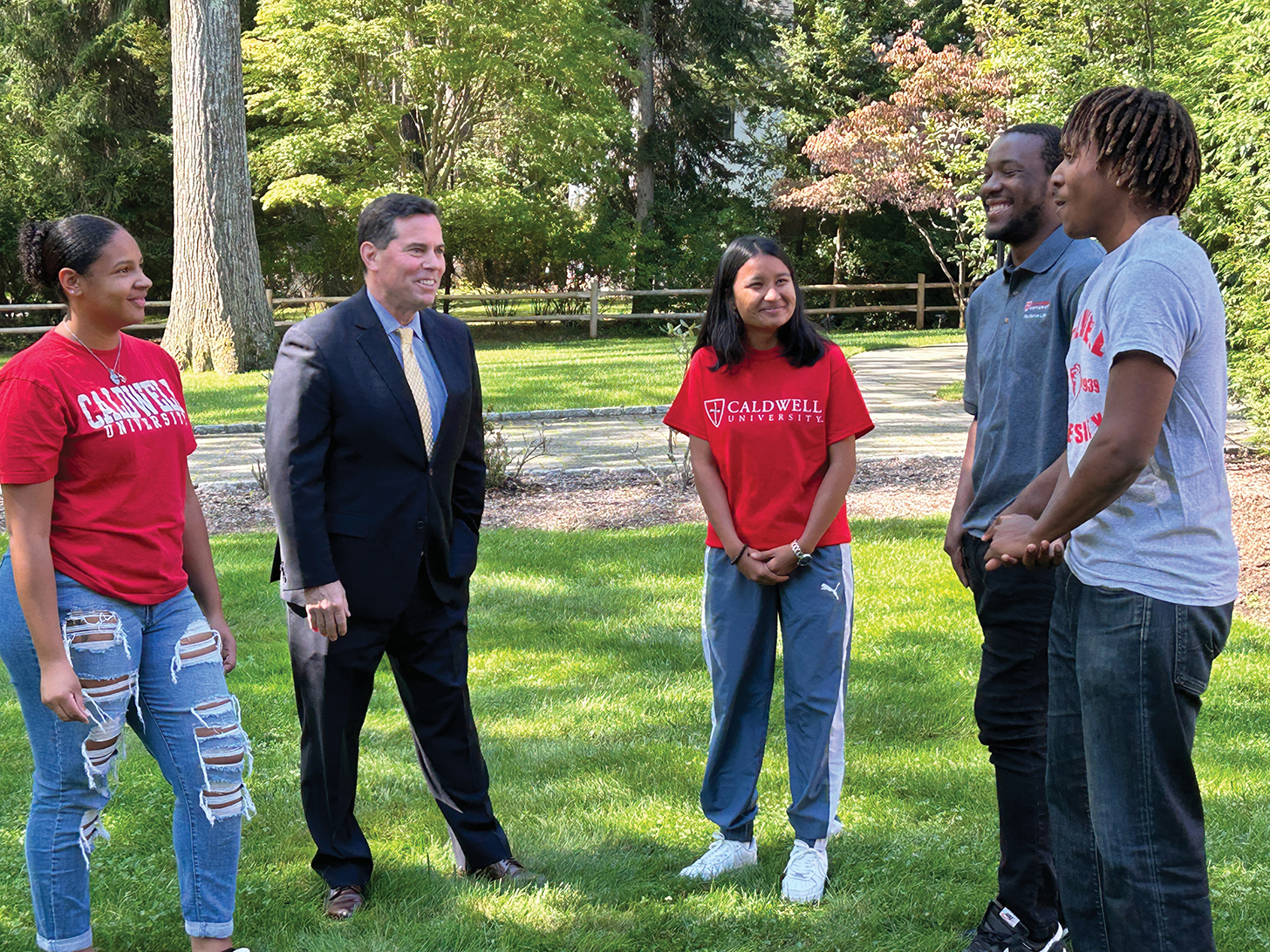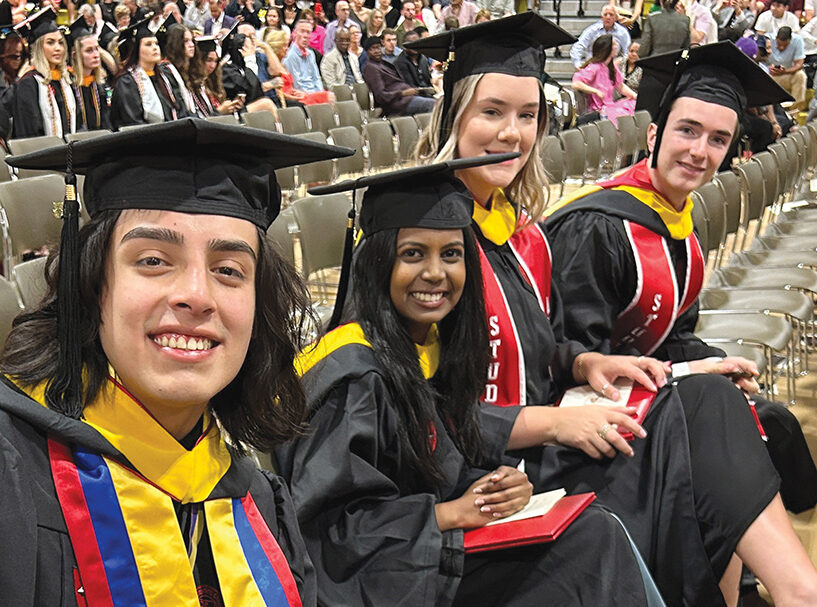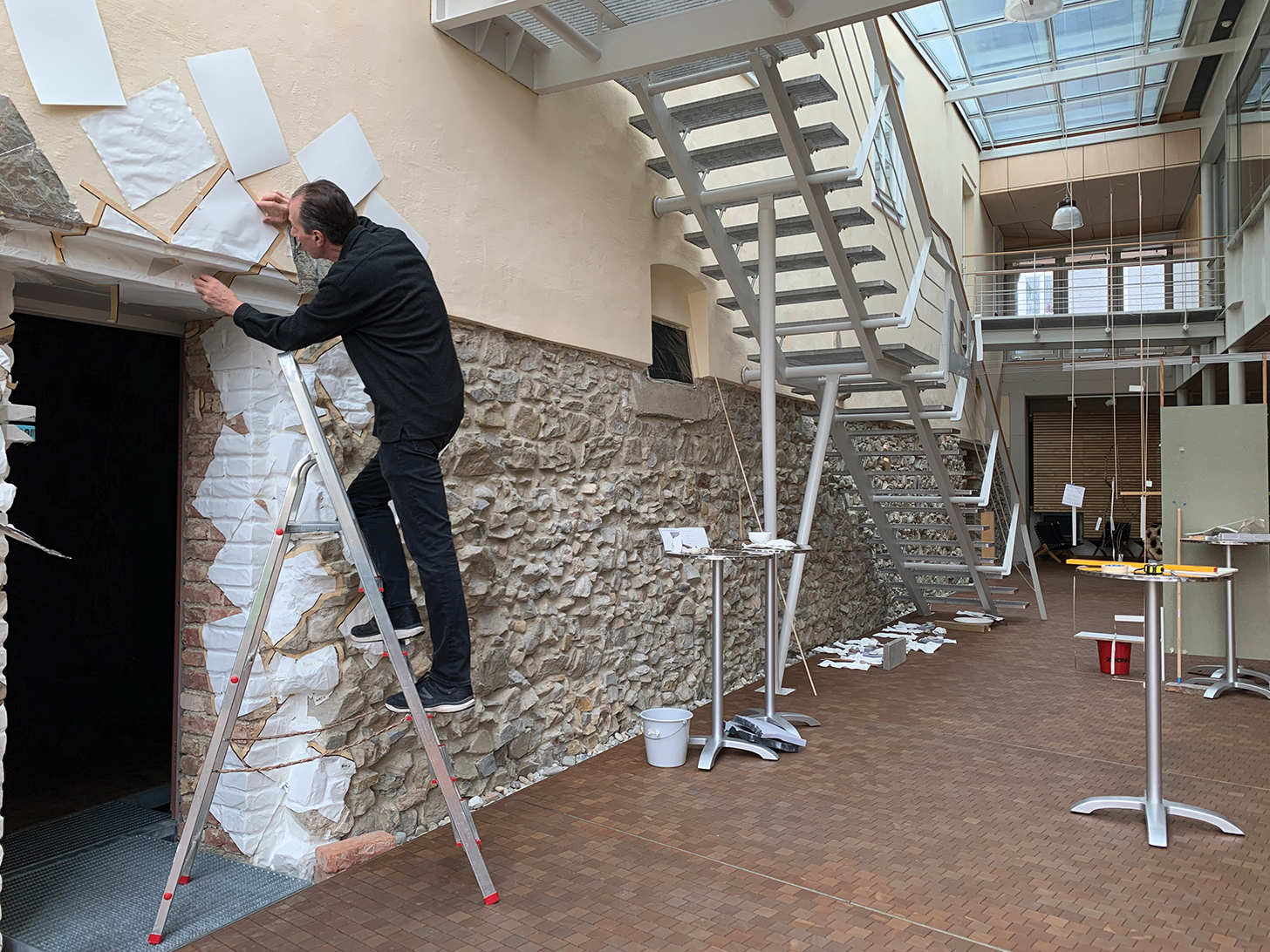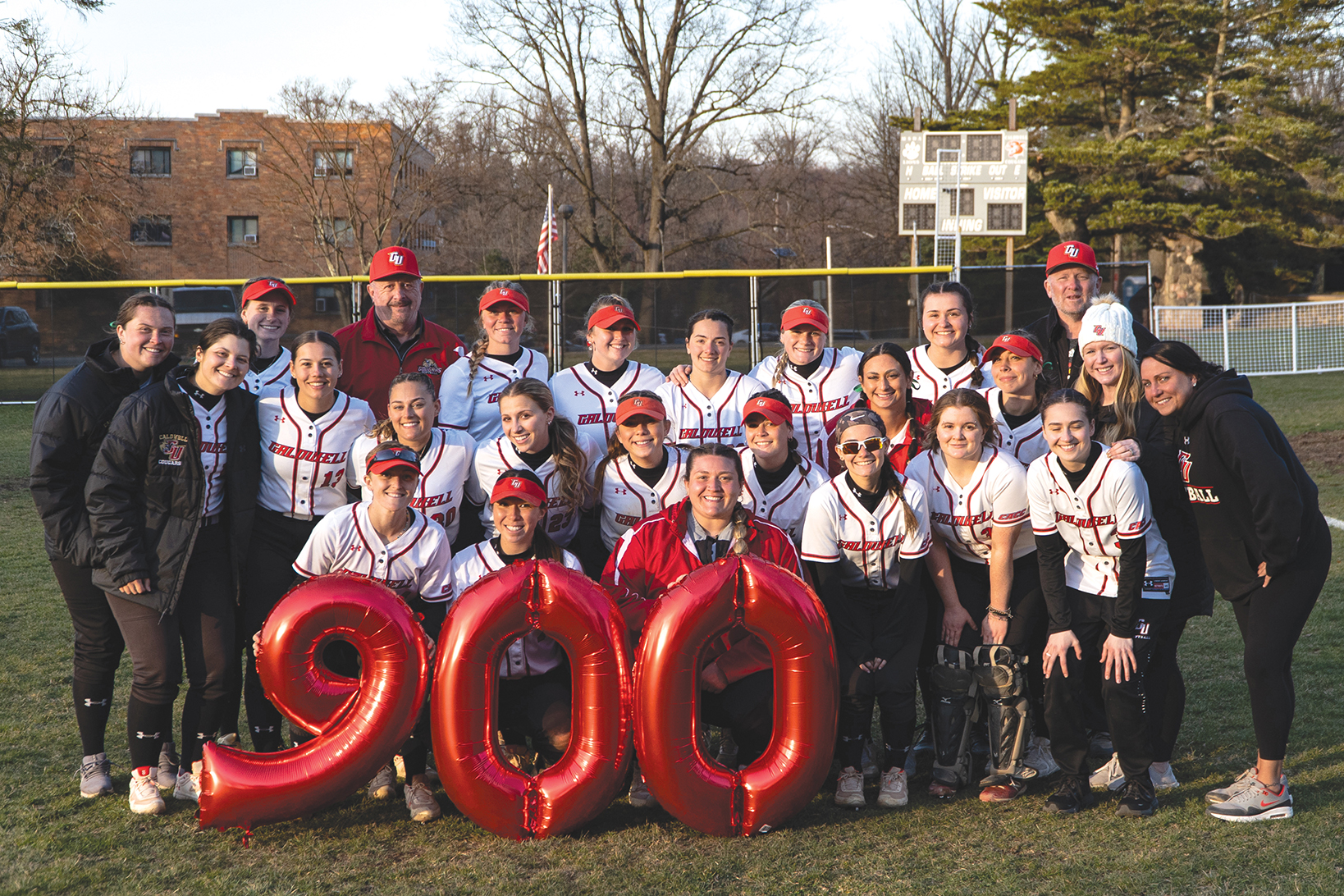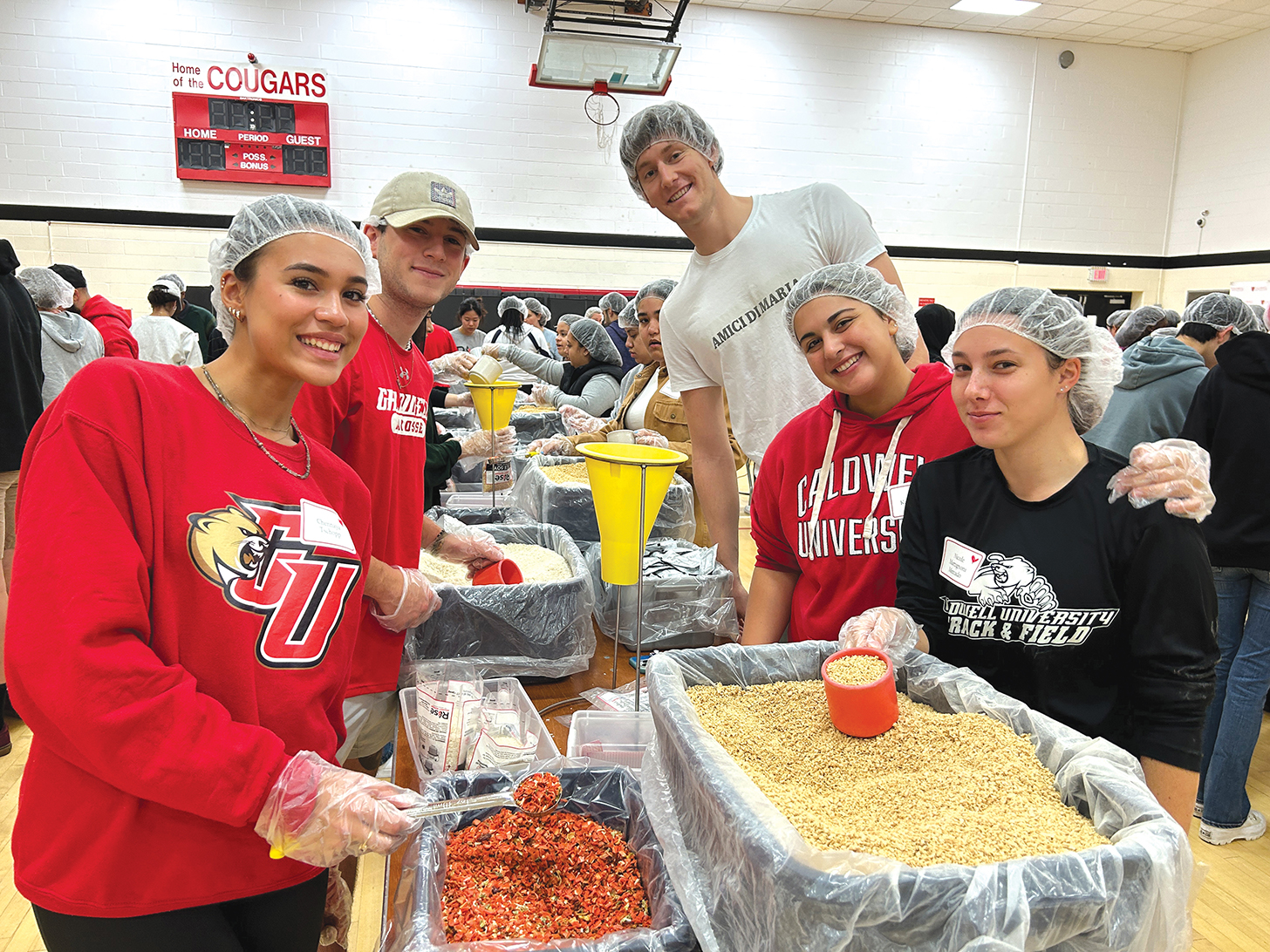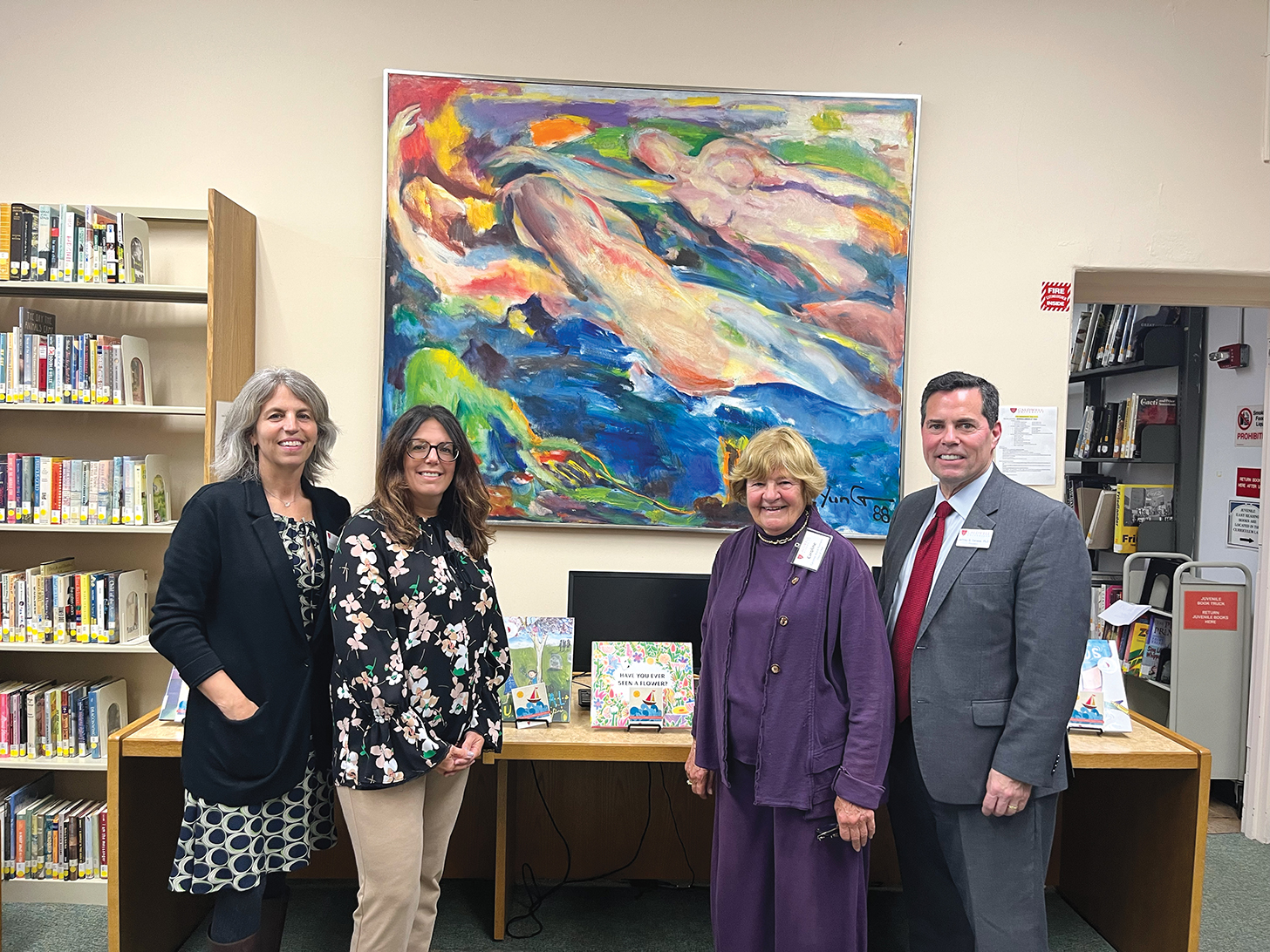PROFESSOR LENA CAMPAGNA:
APPLYING RESEARCH FOR THE GREATER GOOD
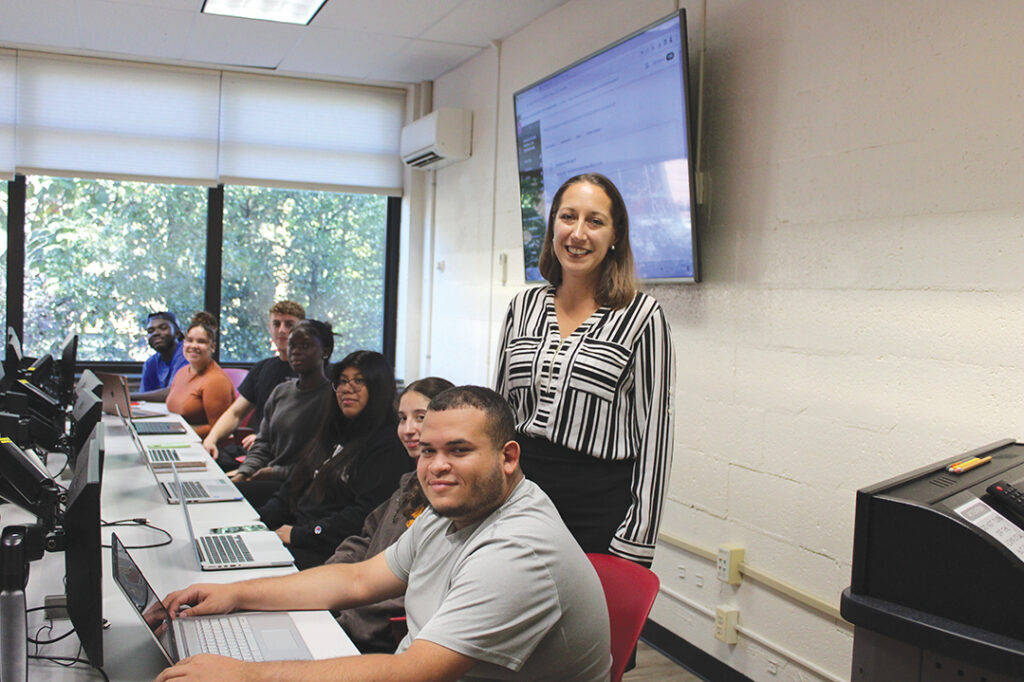
“AS LONG AS OUR WORK IS TOUCHING THE COMMUNITY AND OUR RESEARCH IS MAKING AN IMPACT.”
That matters most to Lena Campagna, Ph.D., associate professor and chair of the Department of Sociology and Criminal Justice. She applies that standard not only to her projects but in her classroom as well.
Campagna began teaching at Caldwell University five years ago. She says the small size drew her to the institution. “I liked the fact that I wasn’t going to be dealing with, say, 100 students as a professor. I liked that I would have close contact with students and hopefully make a difference,” she says. “I would see how students were developing with their work, and I wanted to be an involved professor. I like to see the students grow.”
Guest speakers, critiques of her own work, data sets and consent forms for research are some of the real-life elements she incorporates into her classes, which include Research Methods I, Research Methods II and Criminology. She believes you can’t just reiterate information. “I feel 10 times better when I’m in the classroom and can back up what I’m saying with what I’m doing.”
Her students create their own research proposals and undergo peer reviews. She says this process teaches them not only to be critical thinkers but to accept feedback and constructive criticism. “I hope that students take away that they are able to make change, they’re able to put what they learn in the classroom to good use,” she says.
Campagna began her studies at Emerson College in Boston as a marketing communications major. After graduating, she found a research opportunity. “I was doing more number crunching and marketing, looking at consumer behavior. But I still wanted that research-actionable side,” she says. She then pursued her master’s in American studies at UMass Boston. Campagna admits she had no idea she would go on to earn a Ph.D.
“I got a research assistantship while I was trying to pay my rent in grad school. It focused on re-entry individuals who were coming back from prison into society, who had both mental illness and co-occurring substance abuse disorders,” she says. “I was the project coordinator for that particular grant, but I also helped with some data collection, like running focus groups. That got me really excited about research. I got to see the work that we do in the classroom being applied, and from there my interest took off.”
Campagna knew she then wanted to get a doctorate so she could apply for grants and conduct her own research.
“I hope that students take away that they are able to make change, they’re able to put what they learn in the classroom to good use”
She also touts a few key mentors who helped inspire that journey through the hard work they were doing and by giving her little leeway. “There were no excuses and I liked that. I needed it. No excuses at all, which prepared me very well for academia,” Campagna explains.
During grad school, she also had an opportunity to teach. “I fell in love with teaching because I felt like I could apply what I was learning in the field into the classroom,” she says. “I thought that was so fun in fields like criminal justice and sociology. I could bring what the book says to life. Students appreciate that. I don’t think there is any other way to teach it.”
One of the features that attracted Campagna to teaching at Caldwell was its mission of social justice, which aligns with her own beliefs. “It’s something that has stuck with me, that whatever I do, I’m always thinking, ‘What is the applied aspect of this? What’s the utility in this and, as a sociologist at heart, how will this help society?’” she says. “I didn’t want to be in an institution that pushed just publishing for publishing’s sake, publishing to get tenure, publishing to get a promotion.”
In fact, Campagna’s current research conjures up similar work from her grad school days. It involves a community needs assessment and mapping of services for individuals over 65 who are coming out of prison and into the community in New Jersey. So far, she and her colleague Dr. Angela Murolo at St. Francis College in Brooklyn have surveyed more than 300 organizations in the Garden State to see what types of services they offer and if they would be willing to serve older individuals being released from prison or to collaborate with other organizations. “Our main goal is to create a hub or a pipeline of organizations in New Jersey so people who are coming out have a resource guide,” explains Campagna.
She says this population often struggles due to broken family ties, the deaths of family members, lack of Social Security benefits and ineligibility for SNAP benefits. She also notes that re-entry programs for this group are neglected despite research showing that when social supports are in place, a person is less likely to reoffend. “Those organizations that said yes they want to collaborate, we’re putting them together and we’re making it happen.”
Campagna admits she won’t solve all the world’s problems but is committed to using her analysis and sociology background to make a difference in her community, which she hopes inspires future researchers. 🟥
— Kelly Marsicano







